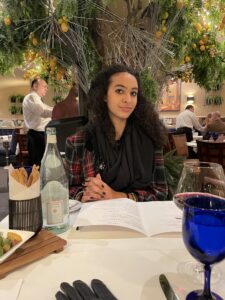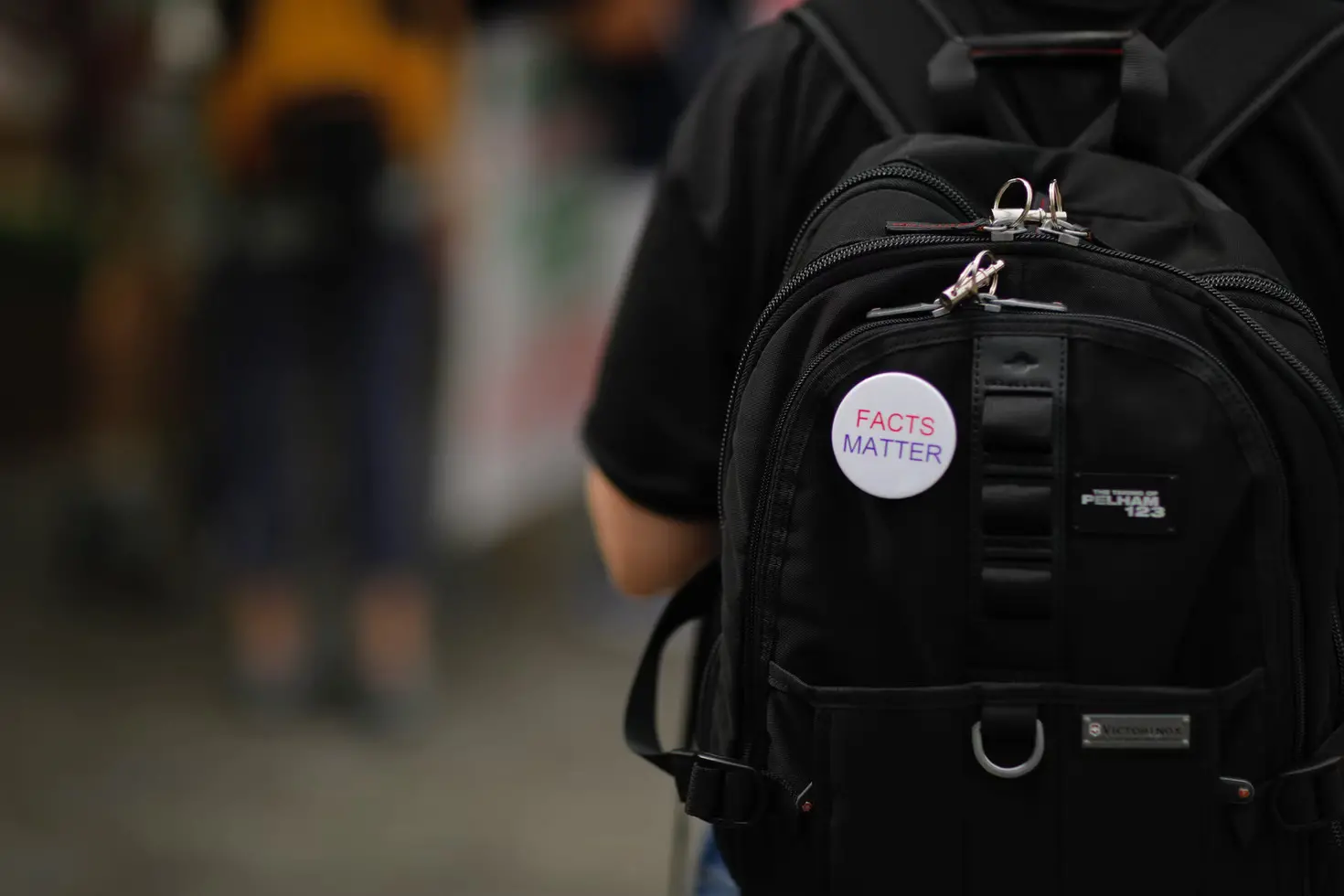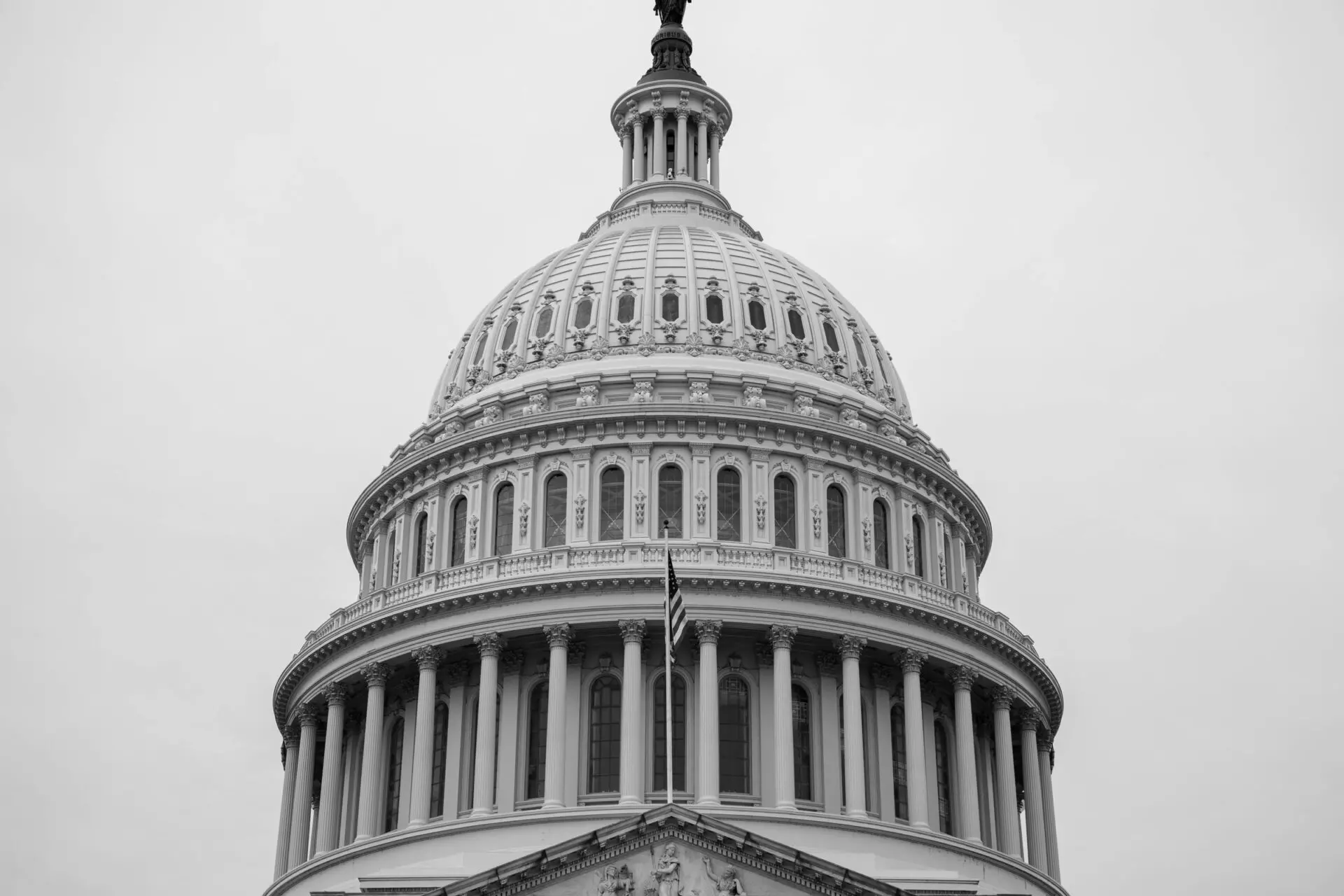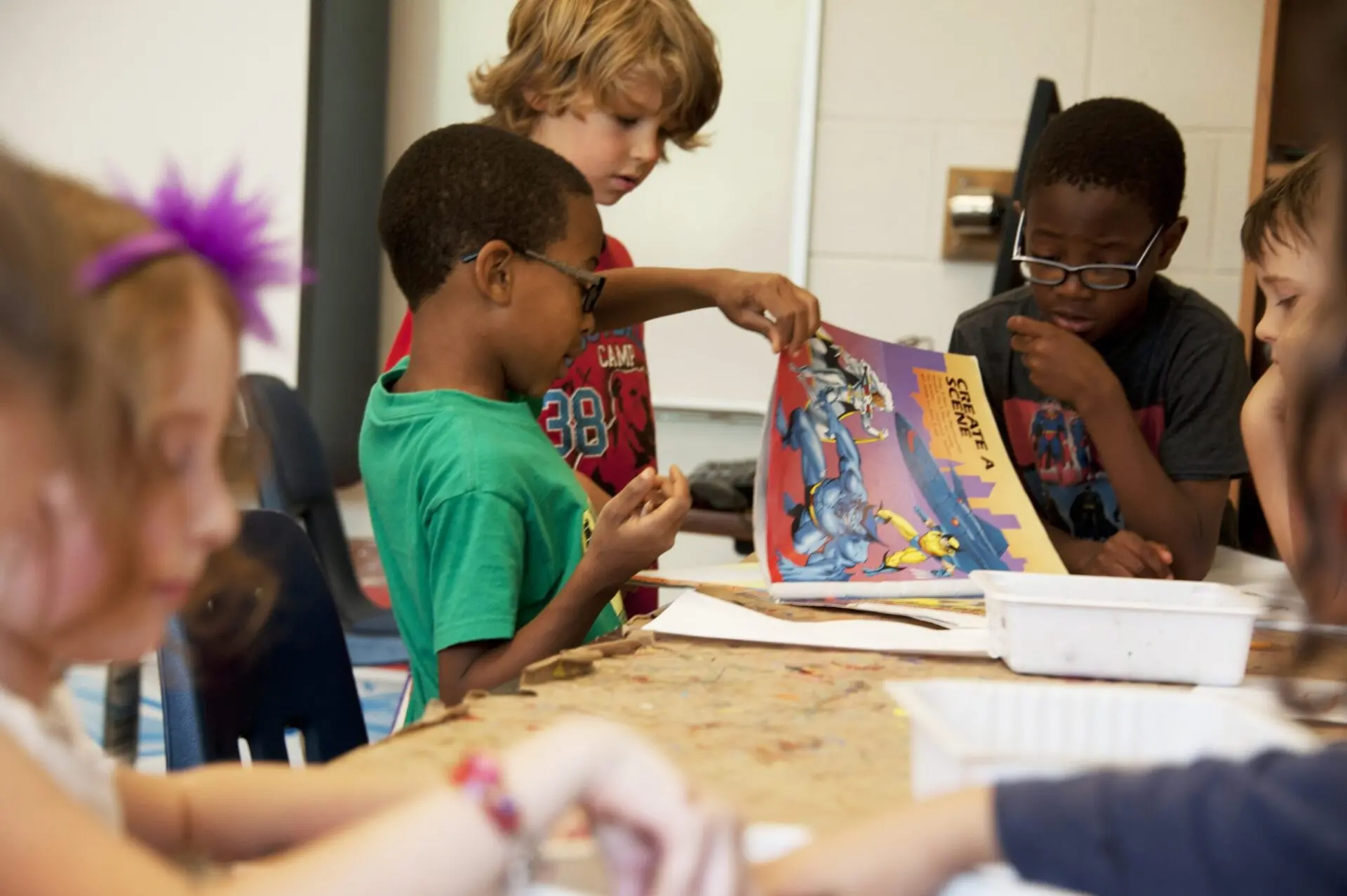Madison Clevenger and Lilyan Hawrylo, leaders of the Burbank High School Black Student Union during the 2021-2022 school year, led the group in opposition to a Burbank Unified School District policy, which prohibits any instructional materials with the “N-word” from being used as mandatory reading in an academic course in any grade level.
The policy appears to effectively ban dozens, if not hundreds, of works from classrooms, including works by numerous Black authors, critics, novelists, historians, poets, playwrights, and even songwriters. It was adopted in 2021, after the banning of a number of award-winning novels in 2020, including Roll of Thunder, Hear My Cry, The Cay, Of Mice and Men, To Kill a Mockingbird, and The Adventures of Huckleberry Finn. In March 2022, PEN America sent a letter to the Burbank superintendent opposing the policy, writing that these works are foundational to learning about “American history, liberty, democracy, equality, justice, as well as the continued struggle for a more equitable society.”
We asked Clevenger and Hawrylo to respond to five questions posed over email. Their responses, authored jointly, are below.
What have you done to advocate against the policy banning all instructional materials with the N-word in your school district?
The Black Student Union at Burbank High School has protested against the censorship of literary works containing the N-word by making sure students were first aware of the changes being made to the curriculum. We held meetings to inform students, passed out flyers outside of school, had meetings with board members, and spoke at board meetings. Working alongside local activist organizations has also helped bring the issue of censorship to a community level.
What led you to take on the issue at your school and in the district?
As the few Black students in our AP Literature class, we saw the threat of these bodies of works being removed as a disservice to all students, creating a gap in their education. Especially for Black students that need to see themselves and their experiences in the narratives that they’re presented with. The district claimed that they only wanted “uplifting” Black stories that do not have the N-word. While that may sound progressive, to have those qualifiers is extremely narrowing and feeds students a sanitized lens of the Black experience.
If these books are still accessible in school libraries, or even AP classrooms, why, in your view, is removing them from all curricula and classrooms a problem?
To make Black literature only accessible to students taking advanced courses narrows the amount of students that are able to have the in-classroom reading experience with the guidance of a teacher. To be a Black student and to only have access to that part of your culture made accessible to you by taking rigorous courses is unreasonable.
Although the books are in the library, the chances of students reading them are so slim because many students don’t enjoy reading, and won’t read unless required for a class.
What solutions do you support for teaching books with the N-word in public schools?
For teachers to be able to teach books with the N-word, they should be provided with training to ensure they know how to create a safe learning environment for students where Black students aren’t made to feel isolated by their peers or by their teachers. Teachers need to know how to teach these books sensitively.
What’s your message to those who advocated for this district policy? What’s your message to the leaders of the Burbank Unified School District?
When listening to the advocates for this district policy, many beliefs aligned. We both agreed it was not the content of the books that was itself the problem. It was the classroom environment where issues began to arise. Where Black students were singled out from their peers and put in uncomfortable situations. These are situations that we’re not strangers to. However, as students we’ve also seen the impact these books have had on our peers and the perspective they’ve gained through their narratives. We’ve also seen the effects of removing these books, and the lack in students’ understanding of Black culture. This is something I wish those who advocated for this policy could see.
The leaders in the district claim that they want to do what’s best for Black students. They can start by listening to the group of students trying to make their voices heard, that we want Black authors to be taught in our classrooms.
 Madison Clevenger is a student at the University of San Francisco, and former president of the Black Student Union at Burbank High School.
Madison Clevenger is a student at the University of San Francisco, and former president of the Black Student Union at Burbank High School.
 Lilyan Hawrylo is a student at Portland Community College, and former vice president of the Black Student Union at Burbank High School.
Lilyan Hawrylo is a student at Portland Community College, and former vice president of the Black Student Union at Burbank High School.











